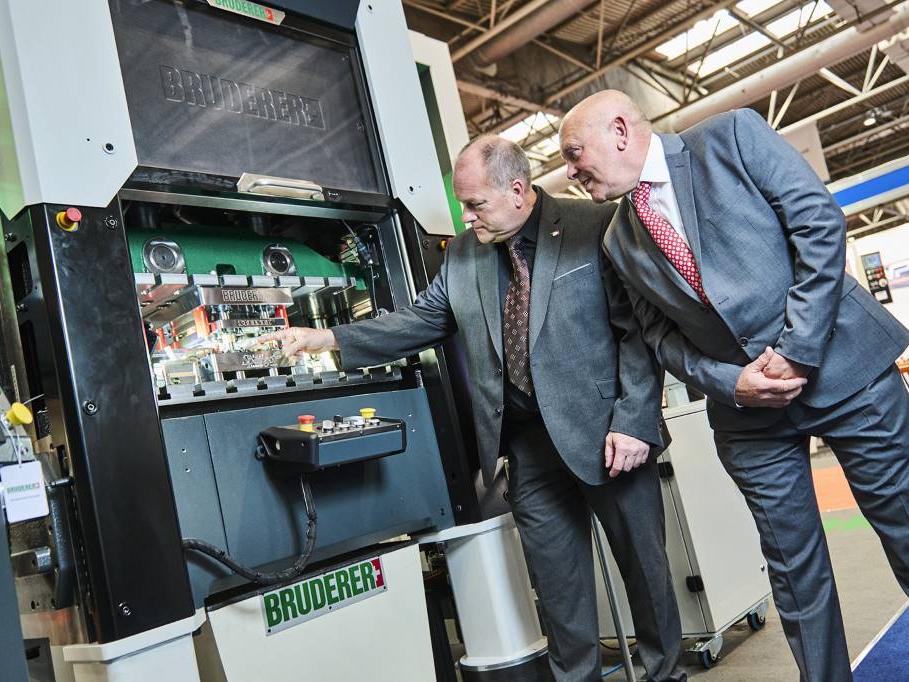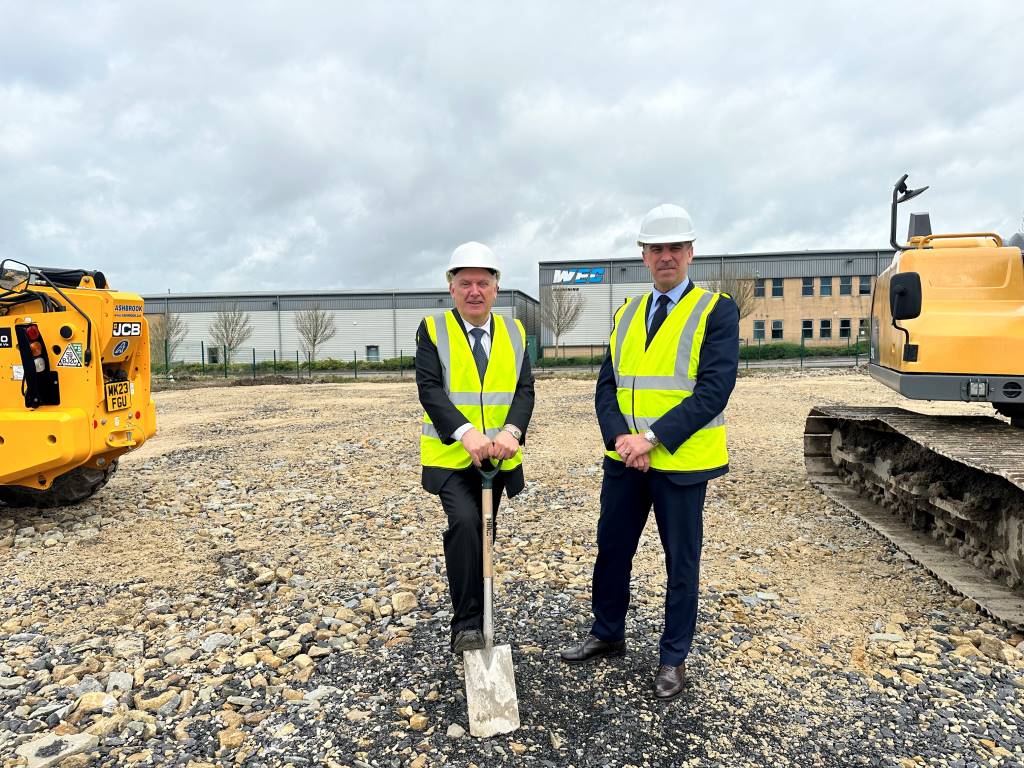Nissan uses LEAF batteries to power automated factory vehicles
Nissan’s automated guided vehicles (AGVs), mobile machines that help workers in factories, are evolving thanks to the second life of Nissan LEAF batteries
The AGVs are powered by repurposed LEAF batteries and use motion sensors to avoid collisions when delivering car parts to Nissan workers, saving time and energy.
Nissan was exploring new ways to reuse its Nissan LEAF batteries, the mass-market electric vehicle that has spearheaded the company's journey towards zero emissions since 2010. And the world of LEAF and AGVs merged.
The first-generation LEAF was fitted with a 24-kilowatt-hour battery pack. These lithium-ion packs were made by combining 48 modules. About eight years ago, Nissan's engineers found a way to take three of these modules, repackage them and fit them inside an AGV. Last year, they took this idea to a new level by using repurposed battery modules, instead of new ones, to power AGVs.
Nissan, together with 4R Energy, has been a pioneer in giving batteries from electric vehicles a new life in powering its AGVs – because they were not powerful enough anymore to run a car, but perfect for a machine scooting around the factory. This makes electrification of mobility an even more sustainable proposition.
[embed]
AGVs with the lithium-ion batteries, new or repurposed, charge faster. Plus, workers no longer need to take out the batteries to plug them in. The AGVs simply stop momentarily at the charging station along their route and incrementally top up at each passing. This automation saves a great deal of time.
The repurposed LEAF batteries also last longer.While lead-acid batteries were typically replaced every year or two, the repurposed LEAF batteries are expected to last seven to eight years. Fewer batteries means less impact on the environment and another step towards being carbon neutral.
Nissan www.nissan.co.uk













